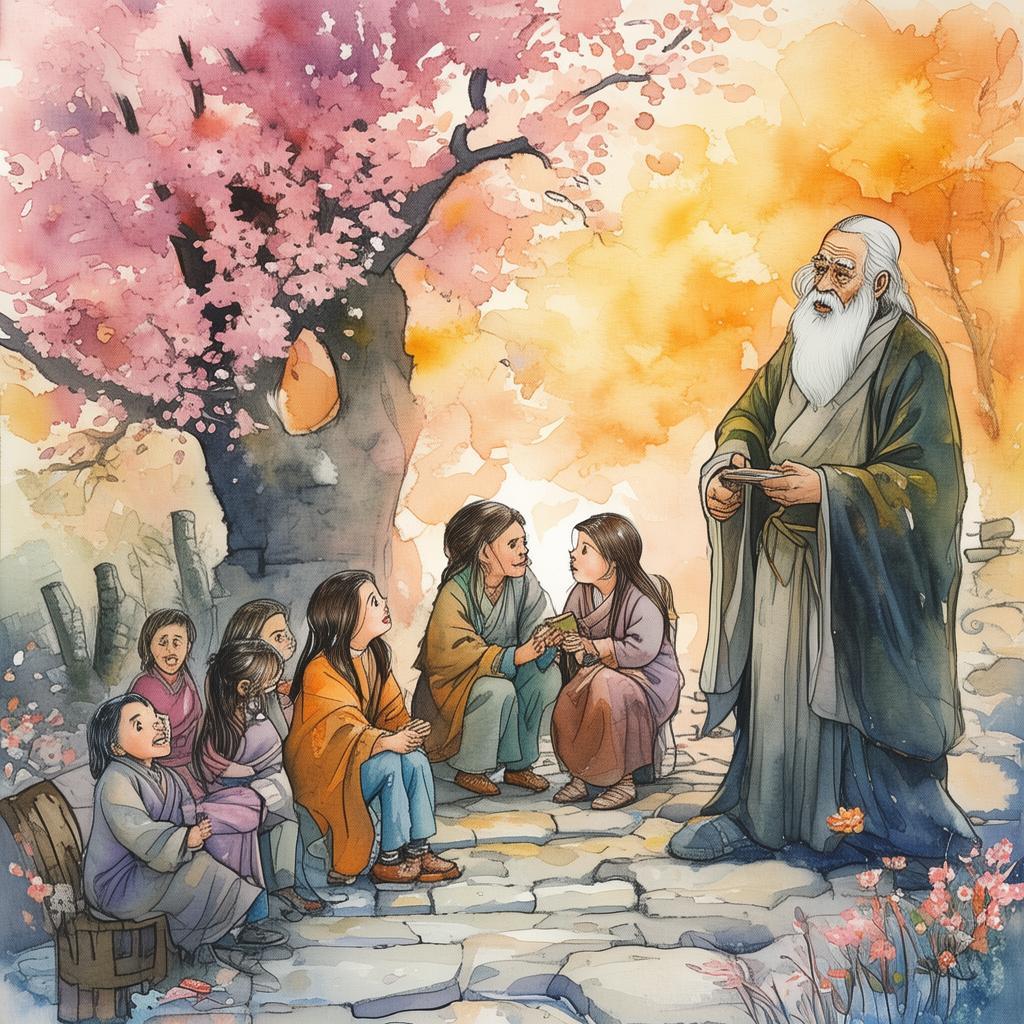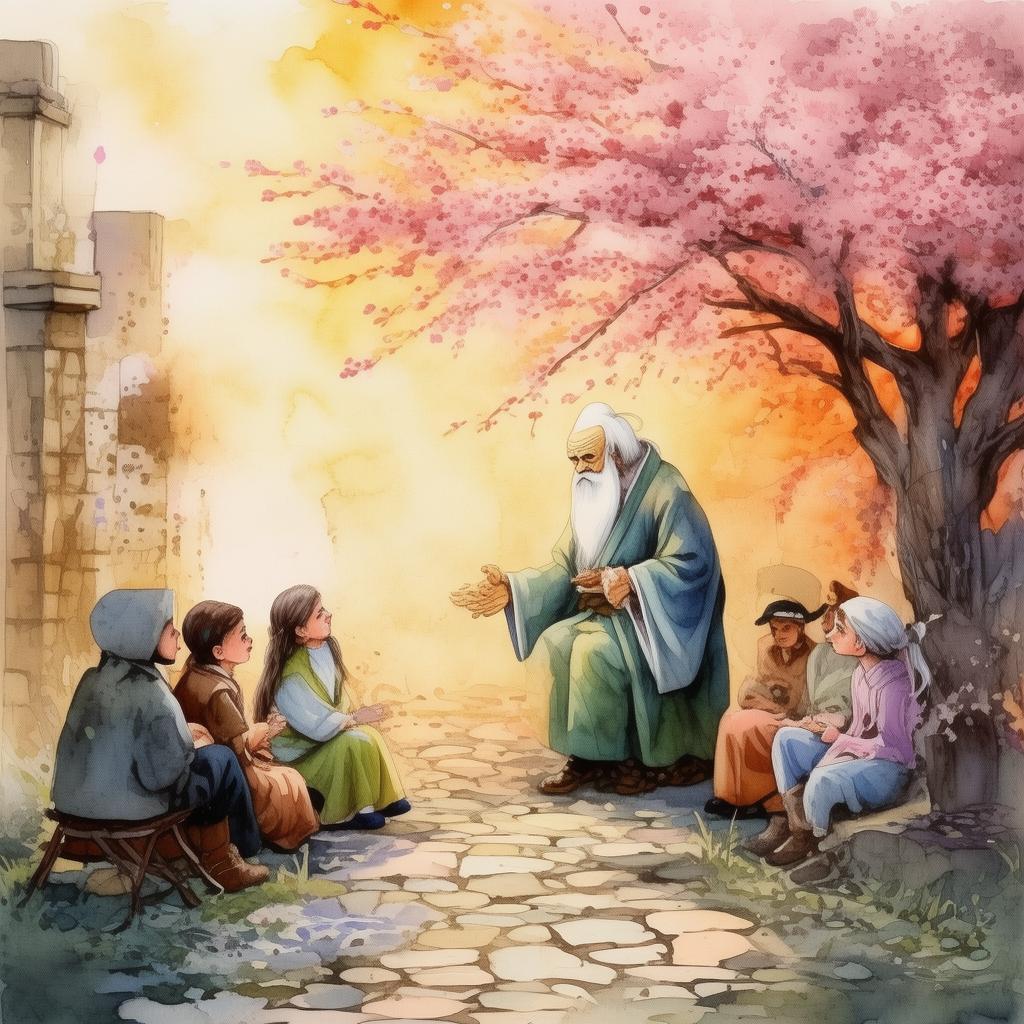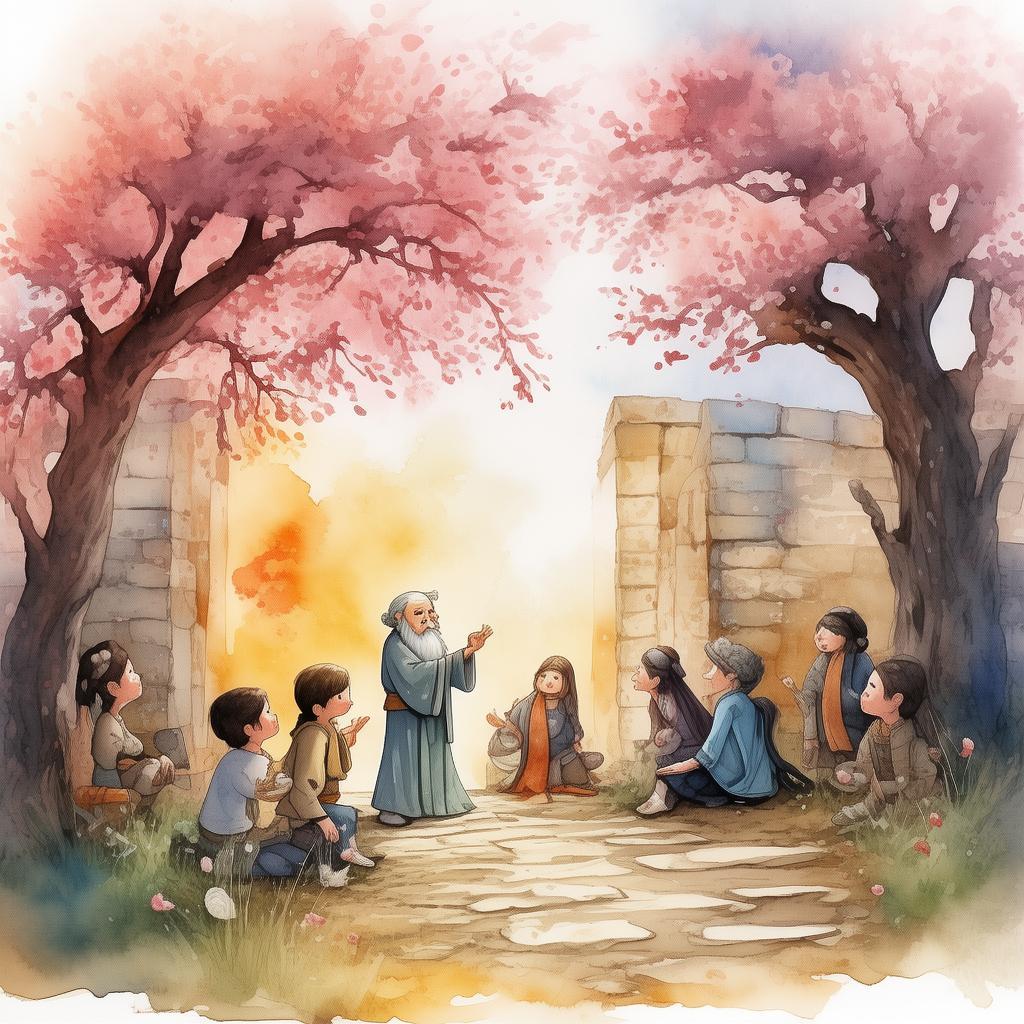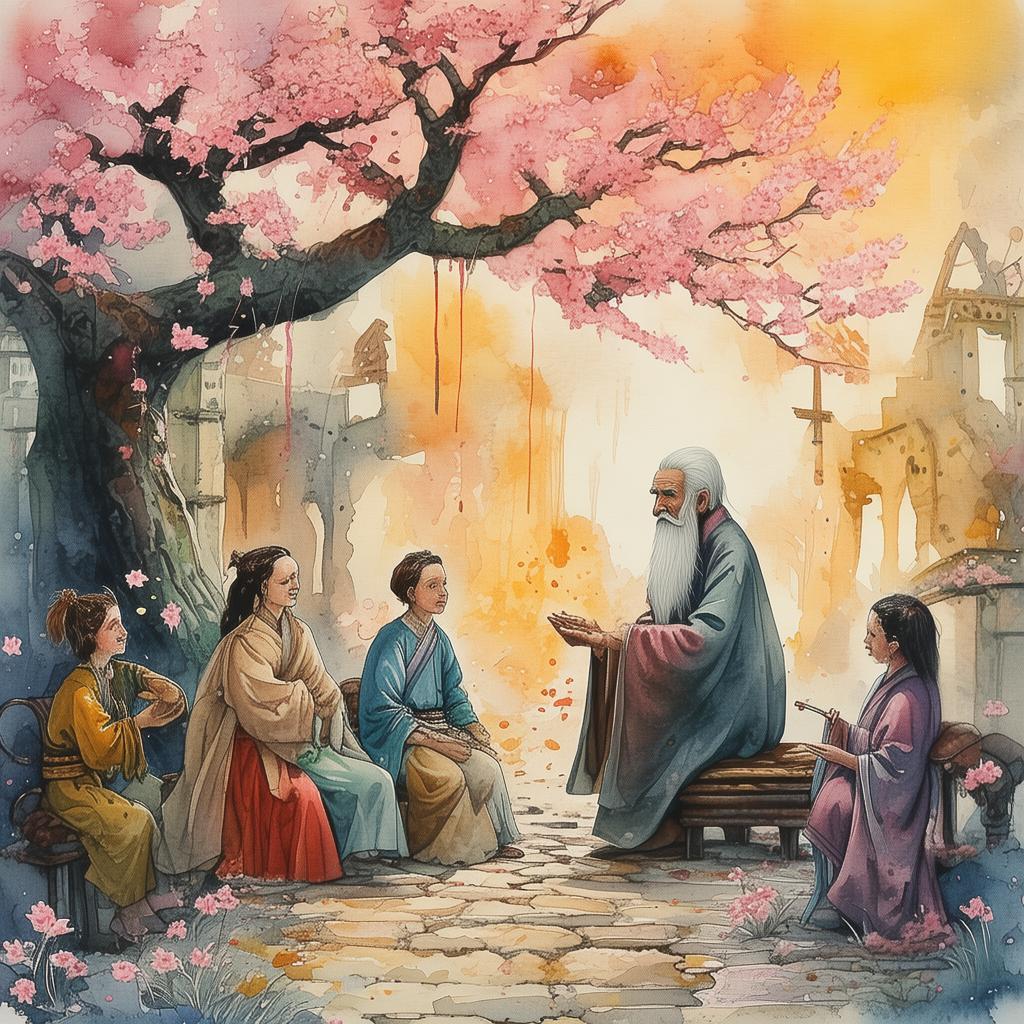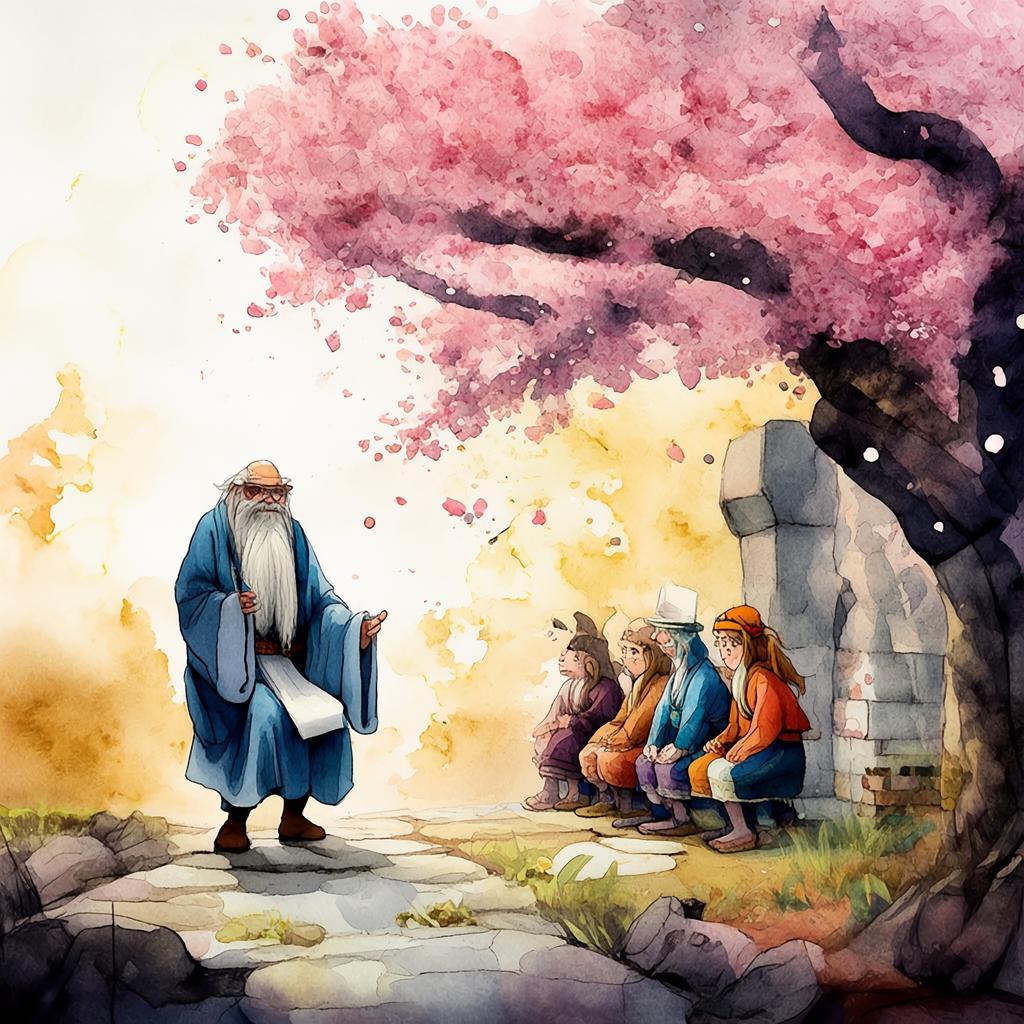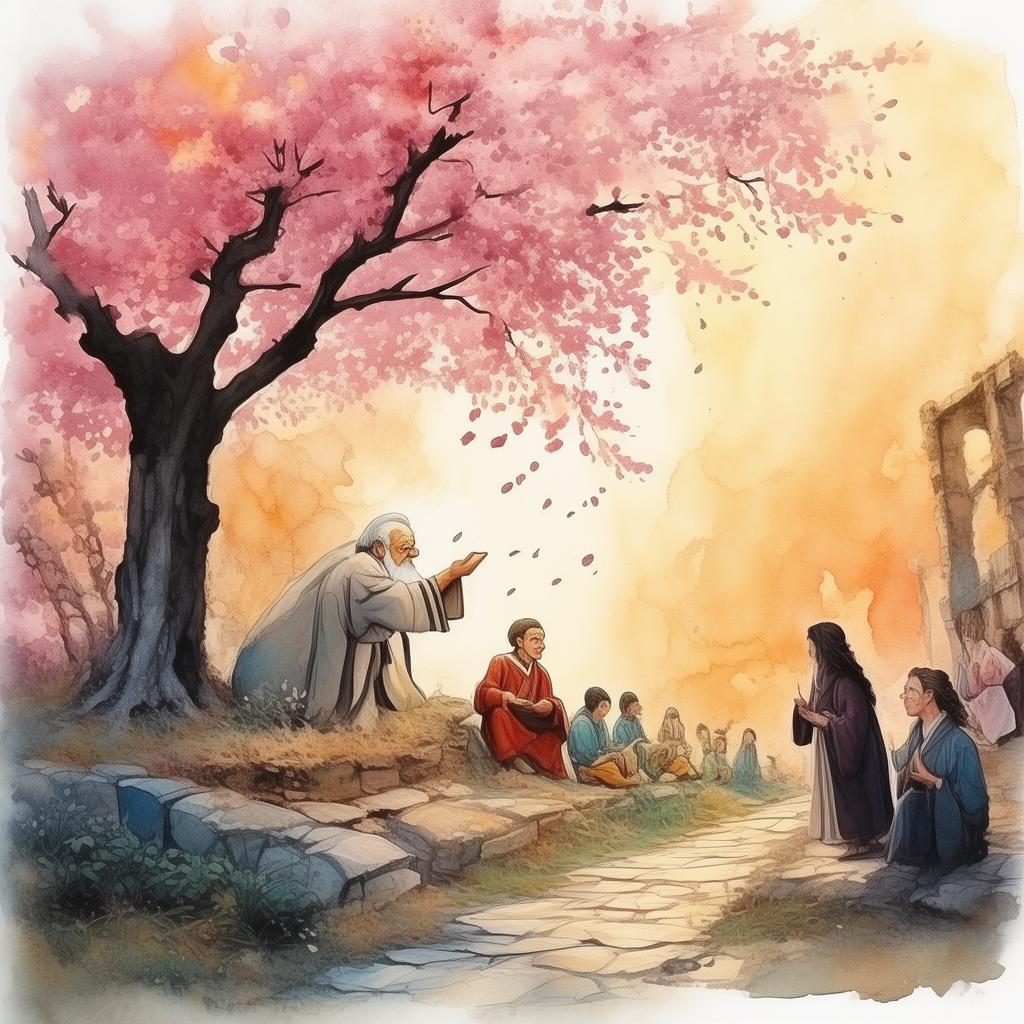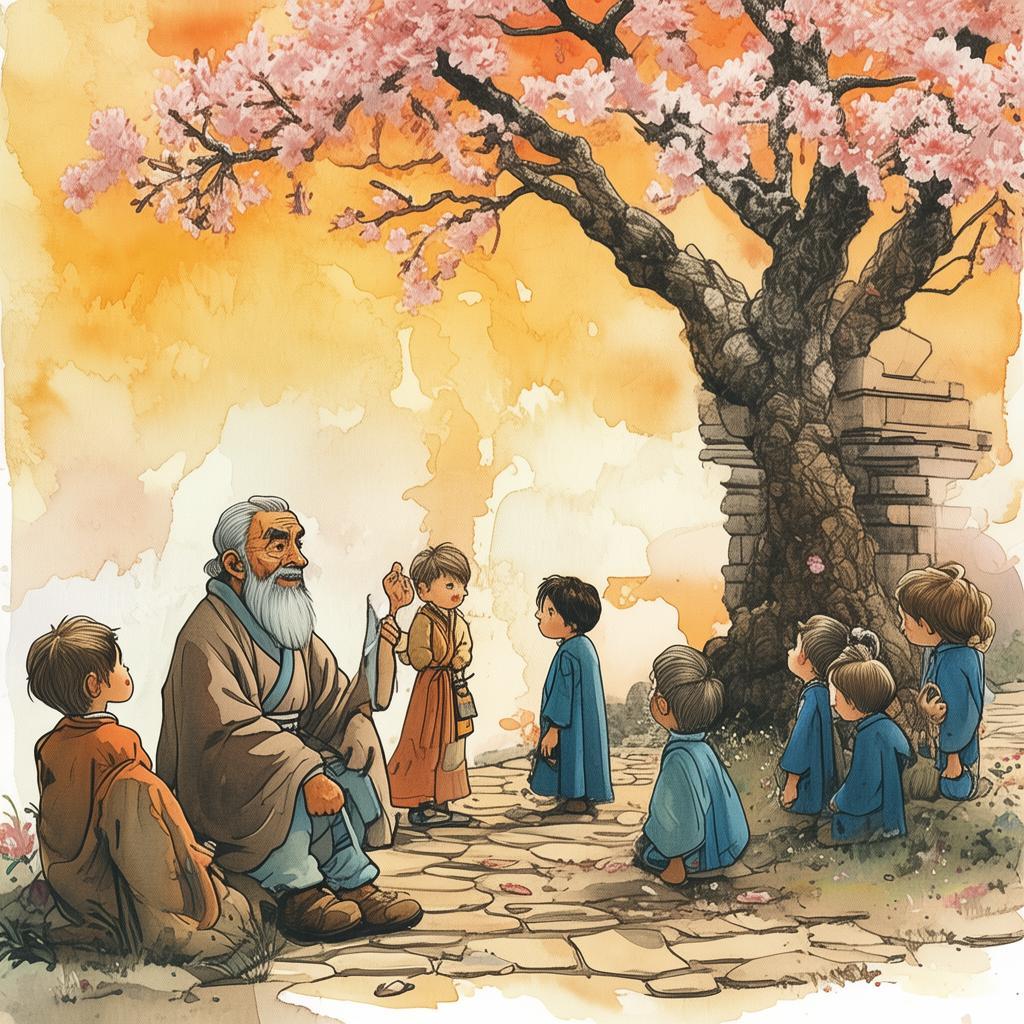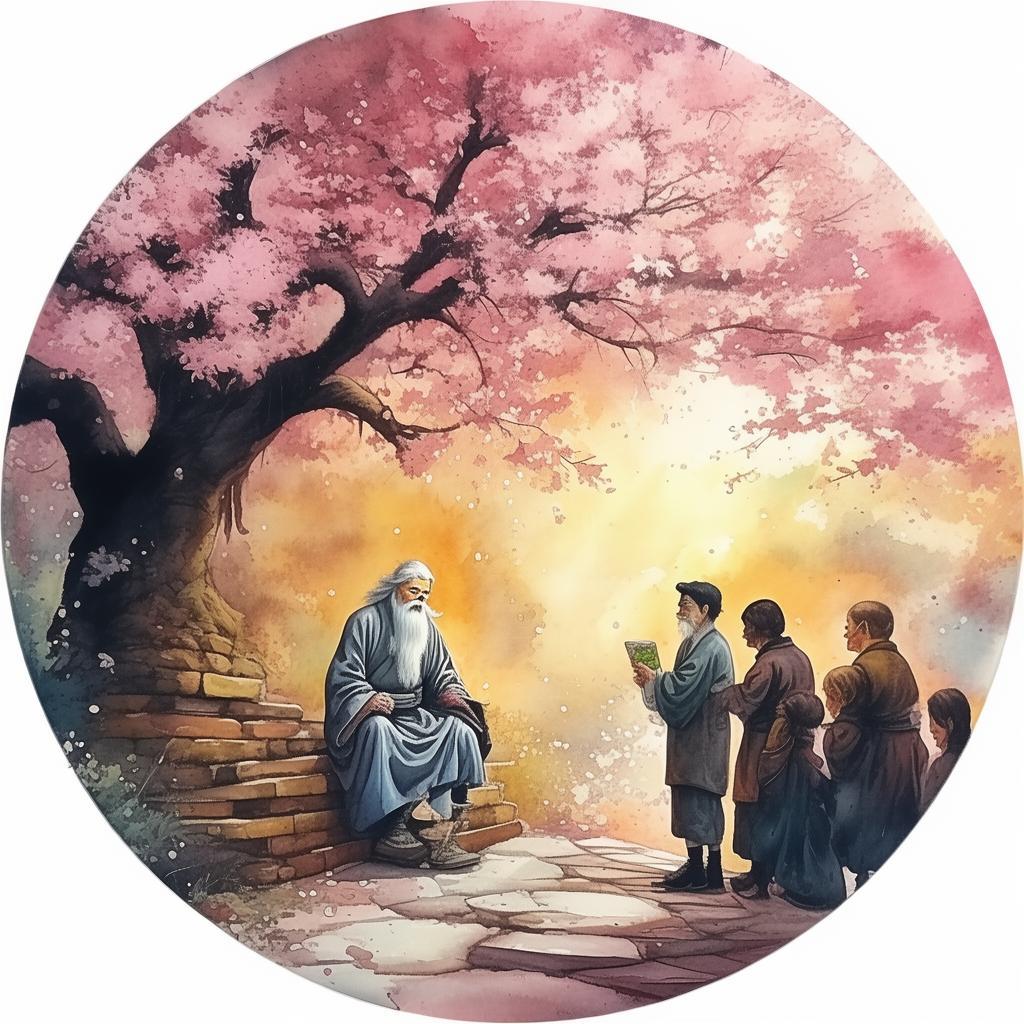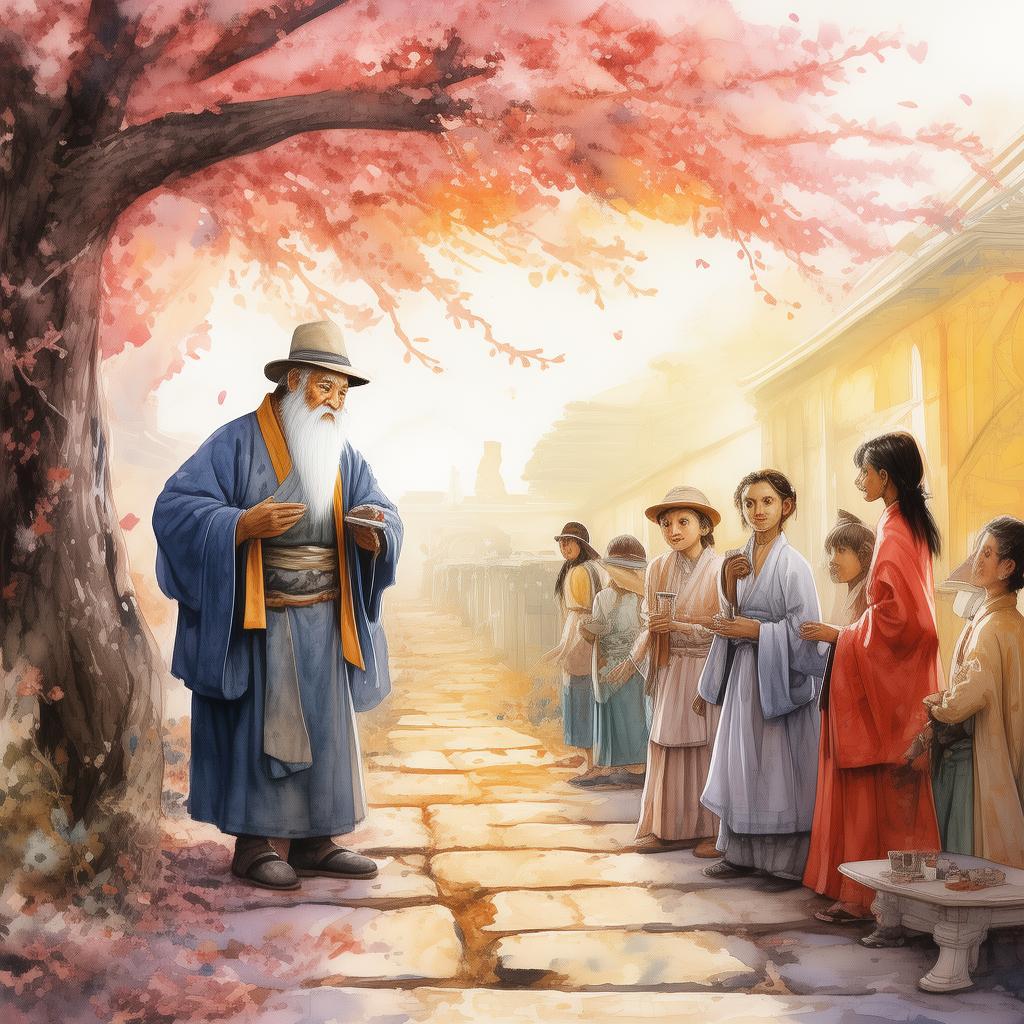The Taste of Eternity: A Quest for Lasting Bliss
In the bustling city of Alexandria, a time when the stars of philosophy shone brightest, there lived a man named Philo. Philo was not just any philosopher; he was the most sought-after thinker of his era, known for his witty debates and profound insights into the nature of human existence. His latest work, "The Epicurean's Enigma: The Pursuit of Pleasure in the Aftermath," had sparked a heated debate among scholars, as it delved into the ancient philosophy of Epicurus and his belief in the pursuit of pleasure as the ultimate goal of life.
As Philo pondered the depths of his own philosophy, he stumbled upon an ancient scroll hidden in the depths of the great library. The scroll spoke of an alchemical process, a secret recipe that could grant eternal life. The scroll was a riddle wrapped in enigma, and Philo, driven by a desire to understand the nature of life beyond the grave, decided to uncover its secrets.
The process was arduous and fraught with peril. It required a concoction of rare and dangerous ingredients, and the ritual itself was a test of the soul. Philo, with his unwavering determination, embarked on the quest, forsaking his family and his reputation to pursue the taste of eternity.
As the potion began to take effect, Philo felt a strange transformation within himself. The taste of the potion was sweet, like nectar, but it also brought a taste of dread. He began to question whether eternal life was truly the pleasure he sought.
The first taste of immortality brought Philo face to face with the afterlife, where the spirits of the departed roamed, searching for their purpose. He encountered souls who had lived for centuries, chasing after fleeting pleasures that had left them hollow and unfulfilled. They spoke of a world where the pursuit of pleasure was endless, but the satisfaction was fleeting.
Philo's journey took him to the very edge of existence, where he met a wise old spirit known as Eudaimonia. Eudaimonia, the embodiment of happiness, revealed to Philo the true nature of pleasure. "Pleasure," she said, "is not a destination but a journey. It is the appreciation of the present moment, the joy in the simple things of life."
Philo realized that the secret to eternal life was not in the potion or the pursuit of endless pleasure, but in the ability to find joy in every moment, to cherish the fleeting nature of existence. With this newfound understanding, he began to live his life differently, embracing each day with gratitude and wonder.
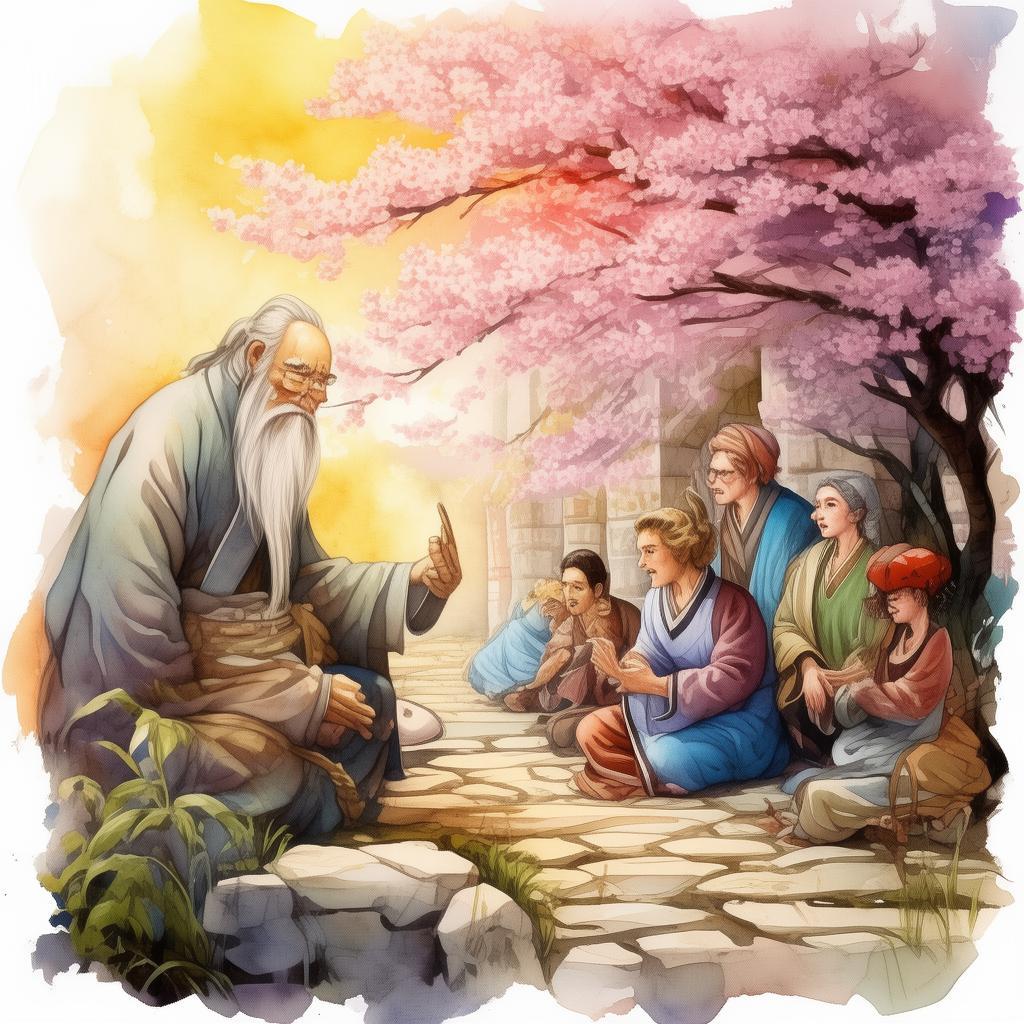
The story of Philo's journey spread far and wide, and soon, people from all walks of life began to seek out his wisdom. They learned that true pleasure was not in the pursuit of immortality, but in the appreciation of the life they had been given.
The Taste of Eternity became a testament to the power of philosophy and the human spirit. It taught that the pursuit of pleasure is not a race to the end, but a dance with the present, a celebration of life in all its fleeting beauty.
As the sun set over the ancient city, casting a golden glow over Philo's teachings, he smiled, knowing that his journey had not only granted him eternal life but had also brought eternal wisdom to those who sought it.
✨ Original Statement ✨
All articles published on this website (including but not limited to text, images, videos, and other content) are original or authorized for reposting and are protected by relevant laws. Without the explicit written permission of this website, no individual or organization may copy, modify, repost, or use the content for commercial purposes.
If you need to quote or cooperate, please contact this site for authorization. We reserve the right to pursue legal responsibility for any unauthorized use.
Hereby declared.
